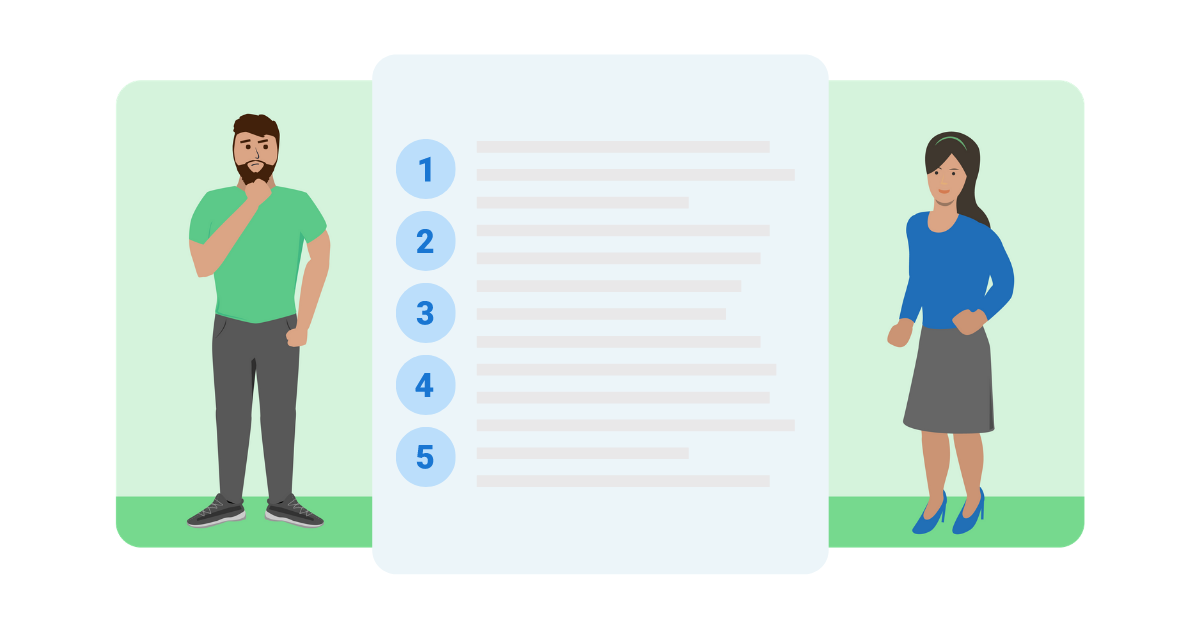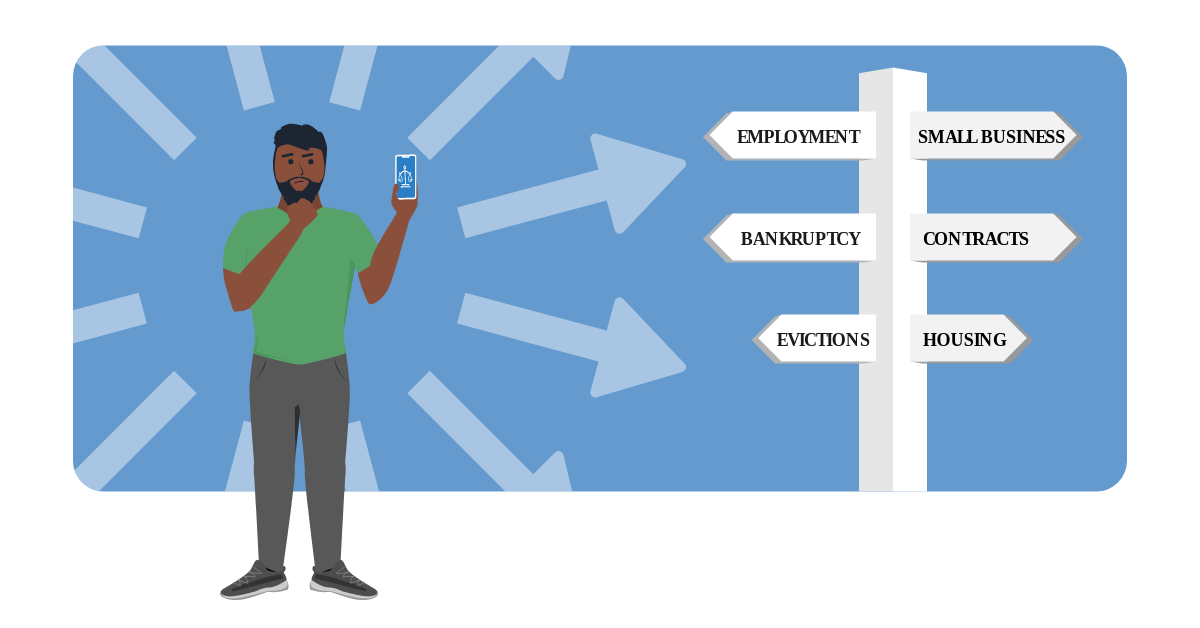5 Things to Know About Responding to Divorce Papers

Whether it was expected or not, responding to divorce papers and petitions can feel overwhelming and complex. A new chapter is about to begin, and you need to figure out how to navigate this process and what to do next.
What are your next steps if you have been served divorce papers? What do you need to know moving forward?
Let’s discuss below.
1. You need to respond to the divorce papers
The most important thing that you need to know - and the first thing that you need to do - is to respond to the divorce papers.
In other words, no-response is simply not an option.
The divorce papers were drafted by your spouse and their attorney, setting up everything that they wanted in the divorce. This can range in issues from assets, custody, and alimony. By not responding, the court can enter in default against you. This means that everything that your spouse asked for will be granted.
The case may be that you agree with your spouse’s wants in the divorce settlement. Make sure you read the papers carefully. Even if you agree with what your spouse wants out of the settlement, it is still wise to respond. You may also want to consult with an attorney beforehand to make sure that you are not missing anything and there are not any rights that you are unknowingly giving up. Forms need to be completed (and deadlines met)
2. Forms need to be completed (and deadlines met)
Once you get served divorce papers, you have a certain amount of time to respond. This varies by state. For instance, in Minnesota, you have 30 days from the date that you have been served to respond. If you are in another state, it is generally between 20-45 days to respond. Check with your state’s website or call the courts to confirm. Not responding within the time frame can lead to a Default judgment against you.
In order to respond to divorce papers, you need to fill out specific forms. This paperwork you can also get online and vary by state. There are different forms if you agree with your spouse or if you disagree, so be sure to get the right form(s).
3. You have options when you answer the divorce papers
When you are filling out the divorce papers, you have options. You can agree with your spouse, which is considered an answer. This means that you will have to make sure any missing information is filled out and then you and your spouse can move forward from there.
You can also disagree with your spouse and file a counterclaim. If this is the case, you will have to make sure you highlight specifically what you want from the divorce when you fill out the paperwork.
4.You have to ‘serve’ your partner
When you file your response to the divorce papers in court, you then must serve the papers to your spouse. The court will not do this for you.
This can be done in a few ways:
- You can hire someone to do this.
- If your spouse has an attorney, you can possibly contact the attorney through the court systems. They can send the response electronically. Check with the Clerk’s Office if this is possible.
- You can send it through certified mail.
Once you have served your partner, file this with the court and go on to the next steps from there.
5. You don’t need an attorney for this, but you may want one
When it comes to answering divorce papers, there is no law that mandates that you hire an attorney. Hiring an attorney -- or at least consulting one -- might be a good idea. The attorney can make sure that everything is filled out and completed correctly. They can also advise you on an aspect of the settlement that you might have missed or rights you may not realize you are giving up.
For instance, an attorney can guide you through various policies, laws, and decisions. For instance:
Your next step.
LegalQ is an app that makes it easy to connect with an attorney to get answers, make a plan, and move forward with confidence. Pay a fixed fee for a 15 or 30-minute consultation with an attorney in your state, giving you a place to jumpstart and figure out your next move. You can ask any questions you have about divorce papers and what to do next if you have been served.



